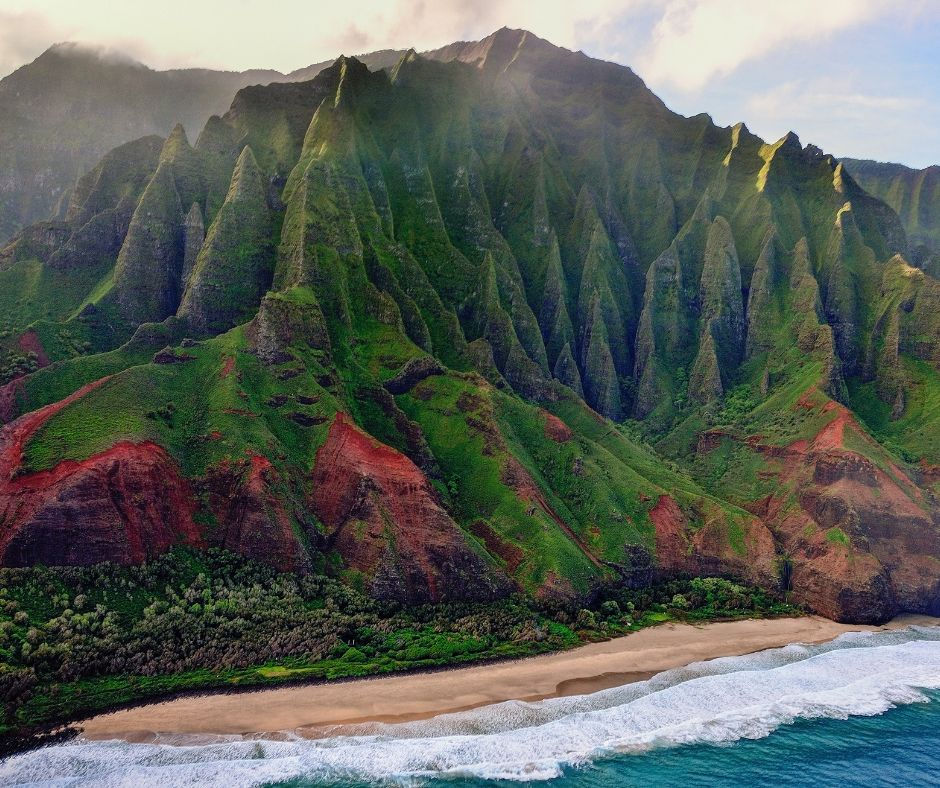Coral Reefs of Hawaii and Marine Conservation Efforts
- gloryanng8
- Sep 11, 2025
- 2 min read

The Beauty and Importance of Hawaii’s Coral Reefs
The coral reefs of Hawaii are vibrant ecosystems often called the “rainforests of the sea.” Home to countless species of fish, sea turtles, and marine organisms, they play a vital role in preserving ocean biodiversity. These reefs also act as natural barriers, protecting Hawaii’s coastlines from erosion and storm damage. In addition, they support local fishing, cultural traditions, and a thriving tourism industry, making Hawaii’s coral reefs essential for both the environment and the economy.
Threats Facing Coral Reefs in Hawaii
Despite their significance, Hawaii’s coral reefs are under serious threat. Climate change and rising ocean temperatures lead to coral bleaching, where corals lose their color and vital algae. Overfishing, plastic pollution, and coastal development further damage reef health. Invasive species like the crown-of-thorns starfish add even more stress by consuming coral faster than it can regenerate. These challenges highlight why marine conservation in Hawaii is more urgent than ever.
Marine Conservation Efforts in Hawaii
To protect these fragile ecosystems, marine conservation efforts in Hawaii are gaining momentum. Protected marine reserves such as Hanauma Bay limit human impact and help reefs recover. Coral restoration programs, including coral gardening and reseeding, are actively rebuilding damaged reef systems. Local conservation groups and volunteers also play a key role in monitoring reef health, reducing pollution, and promoting eco-friendly tourism. Simple actions—like reef-safe sunscreen, reducing plastic use, and responsible snorkeling—directly support coral reef protection in Hawaii.
The Future of Coral Reef Protection
The future of Hawaii’s coral reefs depends on collective action. Expanding marine protected areas, adopting sustainable fishing practices, and reducing global carbon emissions are essential steps. Hawaii is leading by example, combining science, policy, and community engagement to safeguard its reefs. Protecting these natural treasures ensures biodiversity, cultural heritage, and ocean health for future generations.




Comments